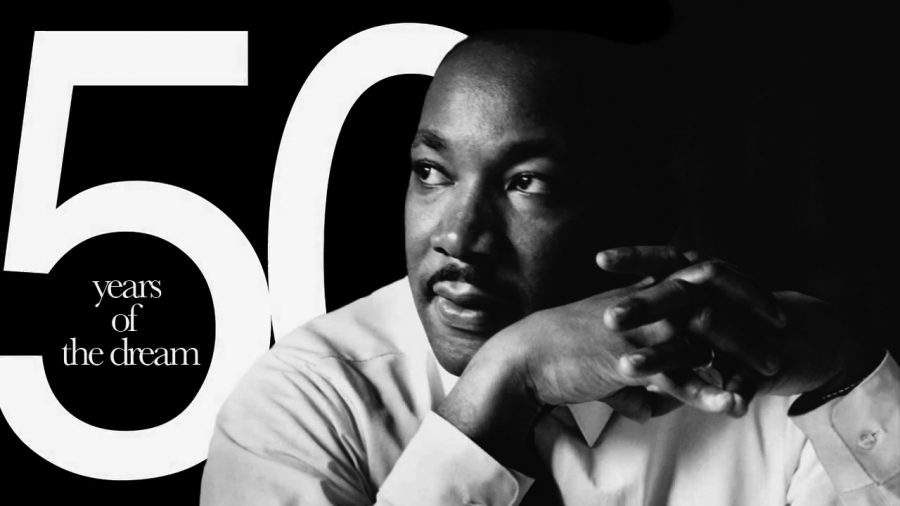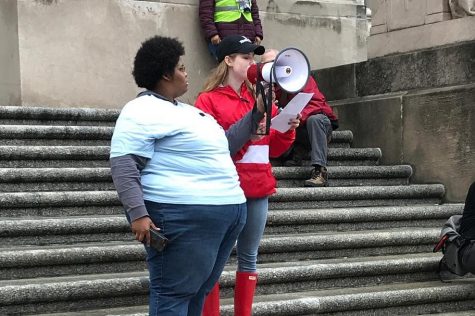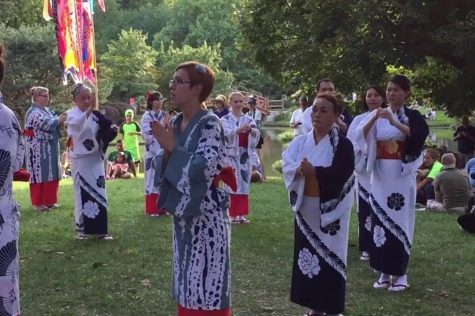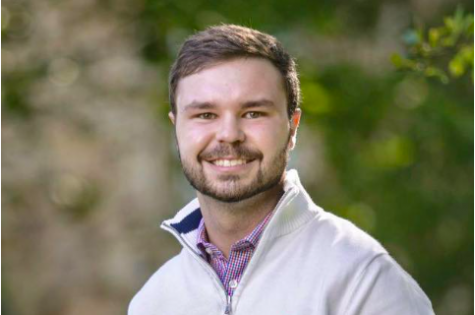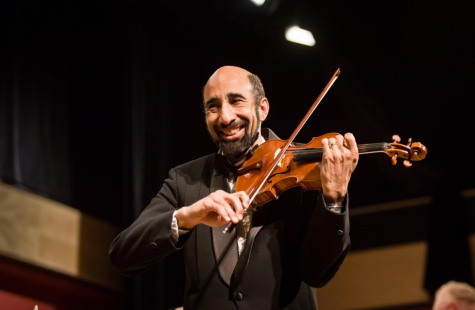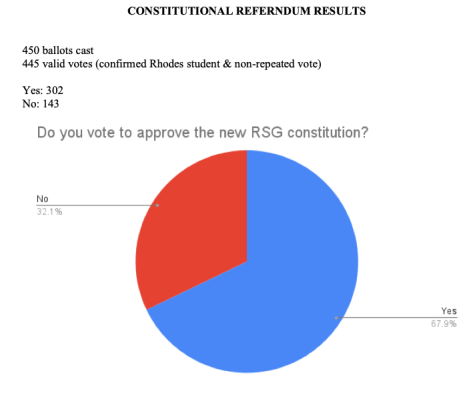Memphis remembers 50th anniversary of Martin Luther King Jr.’s assassination
April 20, 2018
The world turned its attention to Memphis for the 50th anniversary of Dr. Martin Luther King, Jr.’s assassination at the Lorraine Motel. The National Civil Rights Museum and numerous local organizations had been planning the commemoration of Dr. King and the Civil Rights Movement for nearly a year. Thousands of people gathered early at the National Civil Rights Museum on April 4 in anticipation of the ceremony.
The MLK50 commemoration lasted for over nine hours and included a variety of speakers and performances. Among the most prominent speakers was the Reverend Jesse Jackson, one of Dr. King’s colleagues and friends. Reverend Jackson explained how the Civil Rights Movement and Dr. King’s vision had spread “from the balcony of the Lorraine Motel to the balcony of the White House.” Furthermore, Reverend Jackson expressed hope and appreciation towards current social movements; he explained that Dr. King remains alive through marches and protests.
While the MLK50 commemoration focused on honoring Dr. King and his legacy, it also offered a glimpse into the future with its theme “Where Do We Go From Here?” Derrick Johnson, the president of the NAACP, emphasized the importance of voting in the upcoming midterm elections.
“Commemorating the past is important, but preparing for the future is valuable,” Johnson said.
Reverend William Barber, one of the leaders of the newly rejuvenated Poor People’s Campaign, quoted Dr. King as saying “nothing is more tragic than stopping now.” Reverend Barber discussed many of the lingering issues with which minority communities grapple, especially highlighting the disparities between wealthy and poor communities. Among the issues he addressed was the ongoing water issue in Flint, MI. “You can buy unleaded gas in Michigan but you can’t buy unleaded water,” Barber said. The observation evoked an indignant response from the audience.
Rhodes College commemorated MLK50 by tollings its bell at 6:03 PM in solidarity with the Civil Rights Museum and countless other institutions across the country. Furthermore, the college also livestreamed the entirety of the event. A Rhodes College student, Aylen Mercado ’19, was given the opportunity to address the audience at the Civil Rights Museum. Mercado, a DACA recipient and a local activist, discussed the plight of millions of undocumented immigrants. Mercado noted that despite the imminent danger faced by undocumented immigrants, they continue to rally and organize in order to be recognized.
“The movement we have created, the movement that is currently being recognized today is a pivotal moment in recognizing undocumented youth,” Mercado said.
Mercado also stressed the role of younger generations in generating progress since “history has shown us that youth-led movements and people power can change history and can change the world.”
Numerous nationally prominent politicians attended the commemoration. Senator Bernie Sanders and the chairman of the Democratic National Committee, Tom Perez, were among those who attended. Local government officials were also in attendance. Governor Bill Haslam spoke as a part of the commemoration, emphasizing how Tennessee was the first state in the country to implement free community college which has helped thousands of underprivileged students receive an education.
Although the official MLK50 commemoration has ended, Dr. King’s vision and legacy live on in millions of Americans. Much of the MLK50 commemoration was dedicated to discussing the work that remains to be done in Memphis and around the country to achieve Dr. King’s dream of equality. Countless organizations and individuals will continue to commemorate Dr. King’s life through their actions and campaigns.



